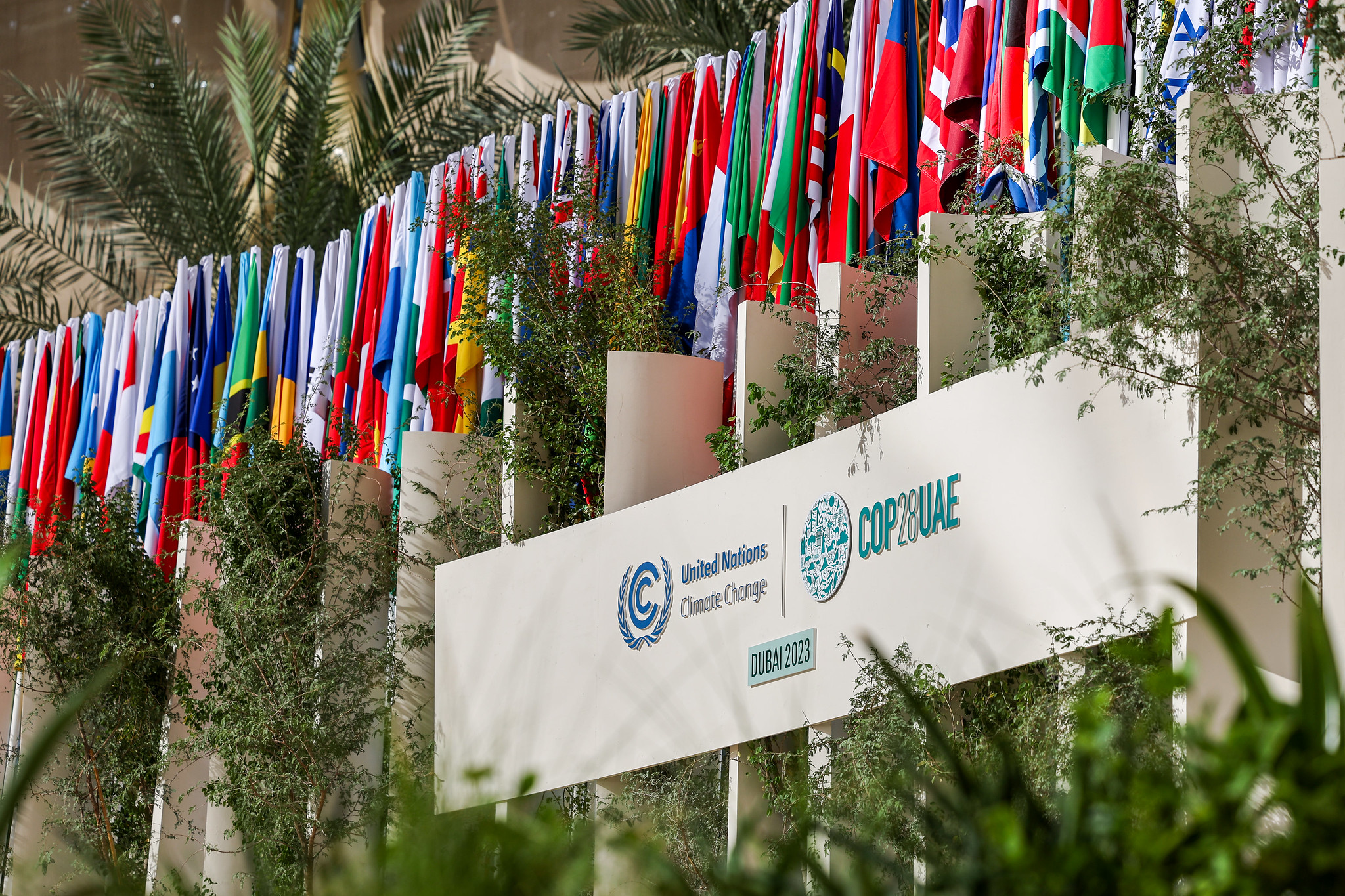THE Conference of the Parties (COP) is held annually to convene party states to the United Nations Framework Convention on Climate Change (UNFCCC). Here, party representatives participate in formal and informal meetings to review the implementation of the Convention and its related instruments and make decisions to promote its effective implementation.
As academicians working on various aspects of climate change, the COPs have been very much on our radar, as developments and decisions taken at the COPs would have a bearing on our work.
However, the actual conference proceedings and negotiation process have been somewhat shrouded in mystery.
In 2023, Universiti Malaya was appointed as a member of the Advisory Panel to the Ministry of Natural Resources, Environment, and Climate Change (the former MNRECC), leading up to COP28 in Dubai. In addition to giving UM academicians a pathway to channel our ideas directly to the minister, it also opened up the opportunity for us to be given party overflow badges to attend COP28.
COP28, held from November 30 to December 12 last year, welcomed an estimated 70,000 attendees, including four academicians and one board member of Universiti Malaya, under the Government of Malaysia party overflow badge.
Attending COP28 was a costly affair. Dubai is already one of the most expensive cities in the world. The high demand drove up prices for flights and hotel rooms. Food on site was expensive. However, we were fortunate that Universiti Malaya was able to support our participation.
An insight into the negotiation process
The UNFCCC COP process is deliberately designed to be open and inclusive. This is to encourage buy-in from as many stakeholders as possible, as climate change affects every aspect of our lives and cannot be resolved by governments alone.
Party states to the convention can grant their staff and affiliates unlimited badges. There are also badges available for observers. However, organisations must formally apply for observer status, and badges are limited.
As party overflow badge holders, we had access to actual negotiations. While some of these negotiation sessions were openly publicised, others were not. Therefore, as first-time attendees, we had some difficulty finding rooms where meaty negotiations were taking place. Malaysian negotiators, while friendly, were understandably very busy and unable to open up too many doors for us.
The negotiations that we were able to attend were incredibly eye-opening. We saw first-hand what we only read about in the past: coalitions of countries banding together to push for a particular issue, individual negotiators passionately fighting for a specific word to be included in a draft document, meeting chairs caught in the middle as the clock is ticking without any actual resolution, and so on.
It was a microcosm of global politics in action and made us appreciate what a difficult job our negotiators have.
A unique opportunity for academicians
However, a COP is so much more than just negotiations. A wealth of other official sessions, meetings, side events, and press conferences were open to all badge holders.
We found most other academicians at side events. One of the authors of this piece, Helena Varkkey, was invited to be a panellist in a Harvard University side event on reducing global methane emissions. Here, Helena shared findings from a recently completed project on the progress of methane emissions reductions in Malaysia.
Such opportunities give us the rare chance to be heard by UN officials, country delegates, and a whole range of stakeholders simultaneously. We can receive instant feedback from like-minded researchers, get cutting-edge ideas for our future work, and network. It gave us plenty of food for thought that we could take home to feed into our consultations with policymakers and others.
There were various country and organisation pavilions, where exhibitors were given space to highlight their key achievements and plans for climate action, either through exhibits or talks. We obtained a wealth of knowledge by exploring the exhibits, attending talks and speaking to exhibitors.
Universiti Malaya was actively involved at the Malaysia Pavilion. Jillian Ooi gave two talks detailing the creative and academic process behind “Seruan Setu”, her revolutionary project combining art and science to produce a gamelan show highlighting the importance of protecting Malaysia’s seagrass ecosystem.
Sheeba Chenoli organised a panel on open science, which involved notable speakers from Malaysia, foreign academicians, and a scientist from the Intergovernmental Panel on Climate Change (IPCC). We were proud to have played a part in supporting the country’s mission to secure a just transition for our people.
We also came across flash mobs, performances, and lively demonstrations. As educators, seeing all this gave us ideas for creatively engaging and communicating with our students about the climate.
Advice for future COP attendees
Sometimes, COP outcomes can be underwhelming and riddled with controversy. However, experiencing the process was so valuable for us as educators and researchers. While there may be limited opportunity for non-negotiators to influence the outcomes of COP negotiations directly, our “track two” involvement at side events, pavilions, and other spaces left us inspired to do more in our field.
We met researchers from all fields, including those working on natural and social sciences like gender, faith, culture, finance, and governance. We met youth activists, indigenous peoples representatives, and those from businesses and other civil society groups. We could feel the attendees’ passion, united in our quest for a better climate future.
It is important to be well-prepared. Try to secure speaking roles at side events or pavilions so that your voice gets heard. Strike up a good rapport with your country negotiators beforehand so that you can “shadow” them in negotiation spaces. And wear good shoes, because there will be a LOT of walking!
We realise that attending a COP is a privilege not available to everyone. But it is an opportunity not to be missed. – January 9, 2024
Sheeba Chenoli, Helena Varkkey, and Jillian Ooi are from the Faculty of Arts and Social Sciences, Universiti Malaya

